Ophthalmology
Introduction
Ophthalmology is the medical field dealing with the diagnosis, treatment, prevention of issues associated with eyes. The specialists who deal in the field of ophthalmology are known as Ophthalmologists. They are specialized in the diagnosis, monitoring, and treatment of eye and vision issues.
In case you have an eye-related problem, search for an ophthalmology hospital in Alwarpet or ophthalmology doctors in Chennai.
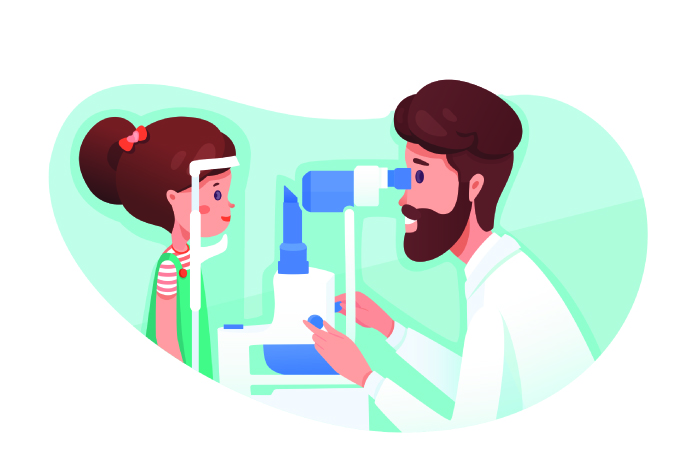
What Do Ophthalmologists Deal With?
The ophthalmologists and sub-specialist ophthalmologists deal with various issues related to eyes:
- Cataracts
- Eye infection
- Trauma or eye injury
- Optic nerve issues
- Cataracts
- Corneal detachment
- Diabetic retinopathy
- Glaucoma
- Keratoplasty
- Squint
- Blepharoplasty
- Dry eye
- Common vision problems
- Amblyopia (lazy eye)
- Presbyopia
- Hyperopia (Farsightedness)
- Myopia (nearsightedness)
- Presbyopia (age-related sightedness)
- Ocular tumors
A patient is also referred to an ophthalmologist in case they have certain conditions which increase the risk for eye-related problems, like -
Thyroid
- High blood problems
- Diabetes
- Human immunodeficiency virus
- Family history of eye diseases
When Should You Visit An Ophthalmologist?
One should visit an ophthalmologist if they suffer from specific vision symptoms and signs like -
- Eyelid abnormalities
- Eye pain
- Chemical exposure on eyes
- Misaligned eyes
- Vision issues like blocked, distorted, or reduced vision
- Orbital cellulitis
- Ocular allergies
- Bulging eyes issue
- Blurred vision
- Loss of vision
- Redness in eye
- Floaters in eye vision
- Colored circles in vision
In case you have any of the above symptoms, search for a general surgeon near me for consultation.
Request an appointment at Apollo Spectra Hospitals, Alwarpet, Chennai
Call 1860 500 2244 to book an appointment.
How does An Ophthalmologist Make a Diagnosis?
An ophthalmologist starts with a comprehensive eye examination where the doctor examines the vision. How the pupils respond to the light, eye alignment, and eye muscle movement determine the diagnosis of the eye problem. Ophthalmologists also look for any red flags for severe issues like cataracts, glaucoma, etc., by investigating problems with the optic nerve and the retina.
Few of the diagnostic tests done by the doctor for determination of the eye problems are -
- Dilated pupil exam
- Slit-lamp exam
- Motility test
- Pupillary response exam
- Peripheral vision test
- Visual acuity test
- Tonometry
They may also move forward with certain other tests depending upon the results from the tests mentioned above like -
- Fundus exam
- Optical coherence tomography
- Corneal topography
- Fluorescein angiography
What are the Treatments Done by Ophthalmologists?
Ophthalmologists treat eye-related problems after the diagnosis with oral medication, cryotherapy, chemotherapy, and surgery. The surgeries are handled by specific subspecialist ophthalmologists only.
Cataract surgery: Cataract leads to a cloudy structure formation on our eye lens, hindering our ability to see normally. Cataract surgery is done to remove the eye's lens and replace it with another lens, mostly artificial. If a cataract is not treated, it leads to complete vision loss.
Resection surgery: Resection surgery is done for the removal of an ocular tumor. Eye tumors can develop due to cancer or tumor in any other part of the body. Melanoma in adults and retinoblastoma in children are the common types of cancer that may cause ocular cancer. These ocular tumors are removed by surgical resection.
Refractive surgery: Refractive surgery is performed to correct eye vision and improve the refractive state of the eyes. It reduces the dependency on glasses and contact lenses. There are various types of refractive surgeries:
- Laser in-situ keratomileusis (LASIK)
- Laser thermal keratoplasty (LTK)
- Photorefractive keratectomy (PRK)
- Intracorneal ring (Intacs)
- Conductive keratoplasty (CK)
- Radial keratotomy (RK)
- Astigmatic keratotomy (AK)
Glaucoma surgery: Glaucoma is a combination of eye-related issues that can damage the optic nerves, which is usually due to abnormally excess pressure on the eyes. Glaucoma surgery involves laser treatment or surgical incisions, which depend entirely upon the severity and the type of glaucoma and the general health of the eye.
Conclusion
It is always recommended to consult an ophthalmologist before the age of 40 to develop an eye health report and track the issues. Ophthalmologists diagnose and treat injuries, infections, diseases, and disorders of the eye. Various options are available under the latest diagnostic methods, medical treatments, and surgical techniques, and the treatment has become hassle-free with medical advancements.
One must always consult an ophthalmologist if they have any problems related to eyesight or eye-related problems to maintain their quality of life.
Feel free to consult at Apollo Spectra Hospitals, Alwarpet, Chennai, or Call 1860 500 2244 to book an appointment.
For LASIK surgery, one should be at least 18 years old and have healthy eyes with adequate corneal thickness. In case one has dry eyes syndrome or corneal diseases, they do not fit for LASIK treatment.
Several sight-related issues can be cured if detected regularly, so one needs to get their eye tested periodically.
No, cataract surgery does not treat the sightedness problem, and hence one may need glasses even after the cataract surgery.
Our Doctors
DR. M SOUNDARAM
MBBS, MS, FCAEH...
| Experience | : | 8 Years Experience |
|---|---|---|
| Speciality | : | Ophthalmology... | Location | : | Alwarpet |
| Timings | : | Available by prior a... |
DR. UMA RAMESH
MBBS, DOMS, FRCS...
| Experience | : | 33 Years Experience |
|---|---|---|
| Speciality | : | Ophthalmology... | Location | : | Alwarpet |
| Timings | : | Sat : 12:00 PM to 1:... |
DR. MANOJ SUBHASH KHATRI
MBBS, DO, DNB, FICO(...
| Experience | : | 15 Years Experience |
|---|---|---|
| Speciality | : | Ophthalmology... | Location | : | Alwarpet |
| Timings | : | Available by prior a... |
DR. SRIPRIYA SANKAR
MBBS, Madras Medical...
| Experience | : | 30 Years Experience |
|---|---|---|
| Speciality | : | Ophthalmology... | Location | : | Alwarpet |
| Timings | : | Tue, Thur: 05:00 PM ... |
DR. PRATIK RANJAN SEN
MBBS, MS, DO...
| Experience | : | 23 Years Experience |
|---|---|---|
| Speciality | : | Ophthalmology... | Location | : | Alwarpet |
| Timings | : | ON CALL... |
DR. MEENAKSHI PANDE
MBBS, DO, FRCS...
| Experience | : | 27 Years Experience |
|---|---|---|
| Speciality | : | Ophthalmology... | Location | : | Alwarpet |
| Timings | : | Available on prior a... |
DR. ASHOK RANGARAJAN
MBBS, MS (OPHTHAL), ...
| Experience | : | 20 Years Experience |
|---|---|---|
| Speciality | : | Ophthalmology... | Location | : | Alwarpet |
| Timings | : | Mon, Wed, Fri : 6:00... |
DR. SAPNA K MARDI
MBBS, DNB (Opthal)...
| Experience | : | 30 Years Experience |
|---|---|---|
| Speciality | : | Ophthalmology... | Location | : | Alwarpet |
| Timings | : | Tue, Thur : 10:00 AM... |
DR. SRIKANTH RAMASUBRAMANIAN
MBBS, MS (Ophthal), ...
| Experience | : | 14 Years Experience |
|---|---|---|
| Speciality | : | Ophthalmology... | Location | : | Alwarpet |
| Timings | : | Mon, Wed, Fri | 10... |
Our Top Specialities
NOTICE BOARD
CONTACT US
CONTACT US
 Book Appointment
Book Appointment


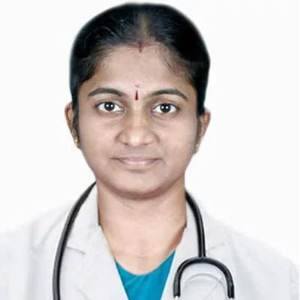
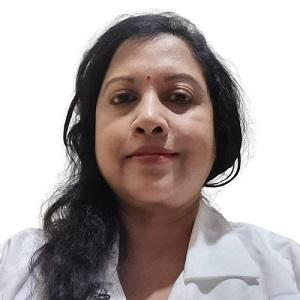
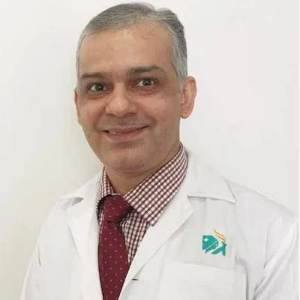
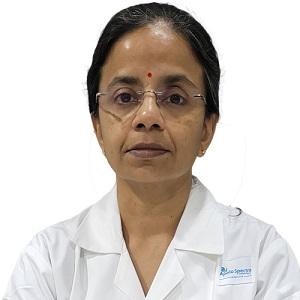
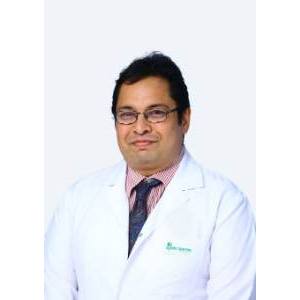
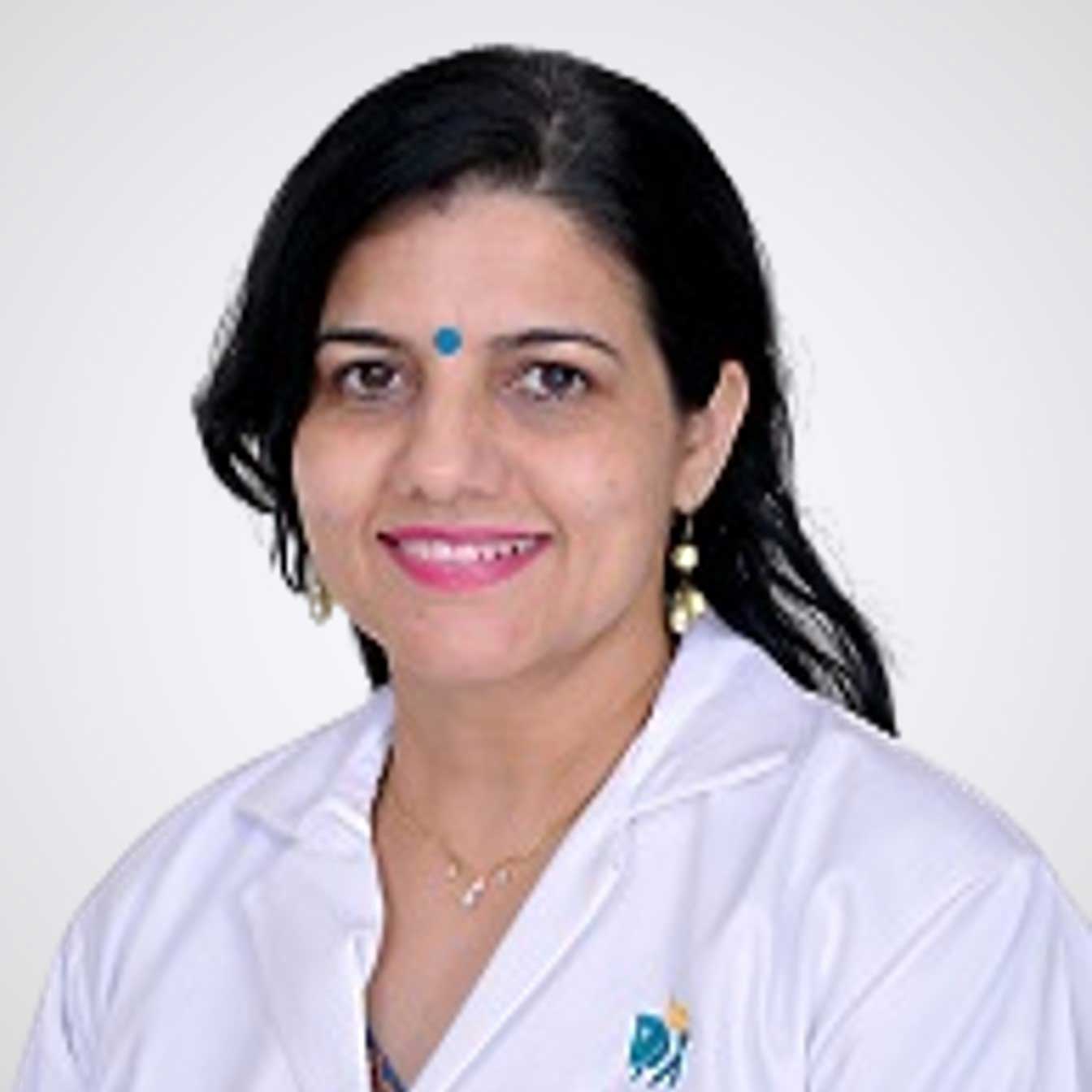
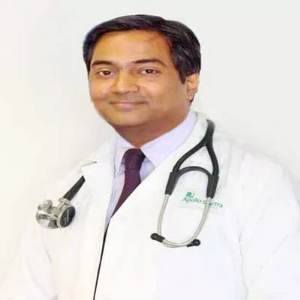
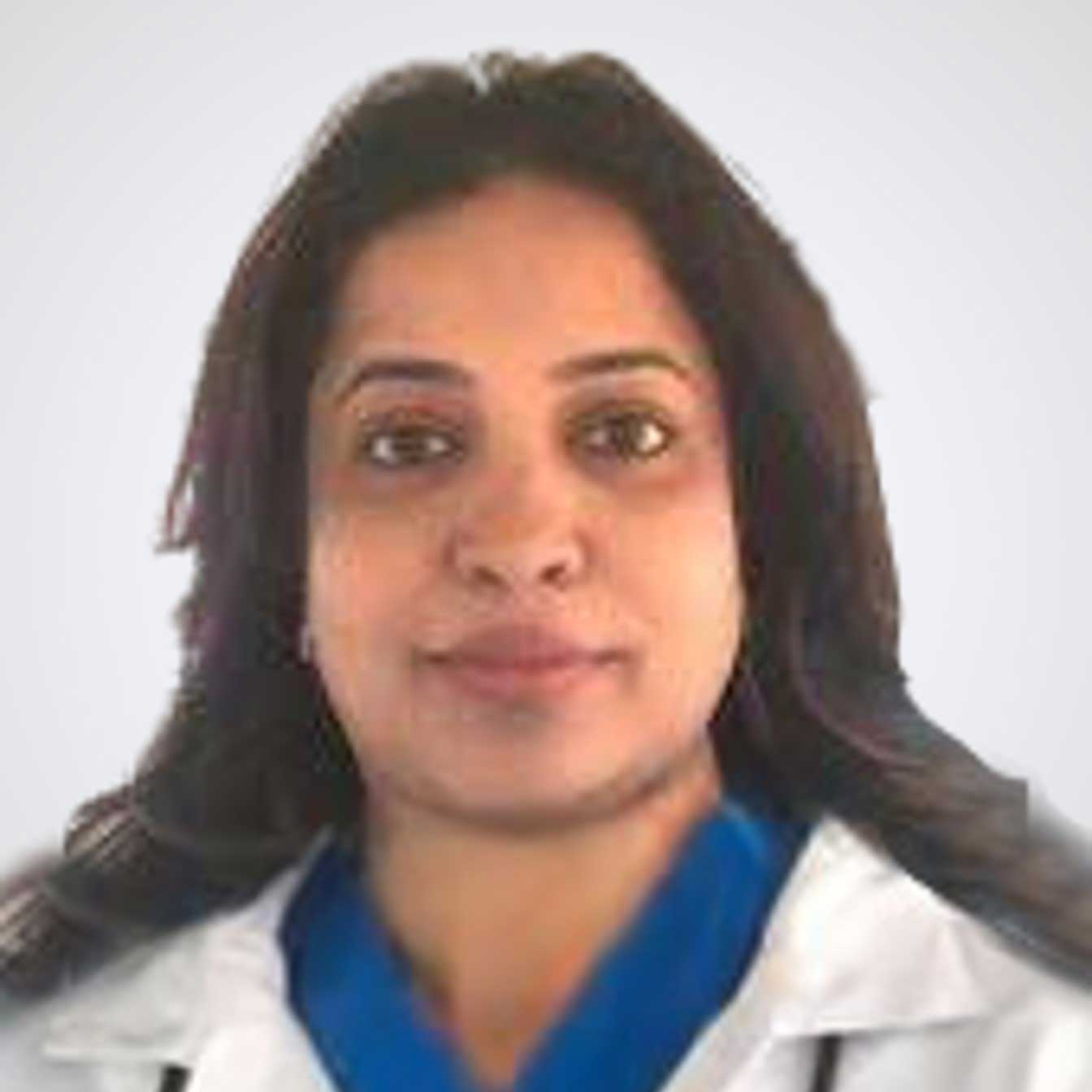
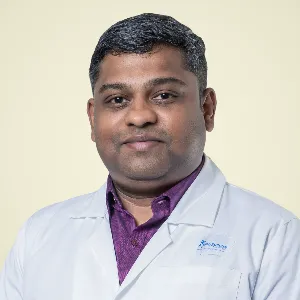
.svg)
.svg)
.svg)
.svg)








